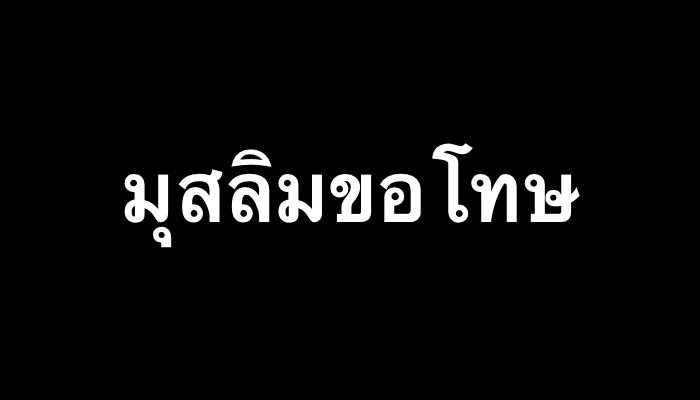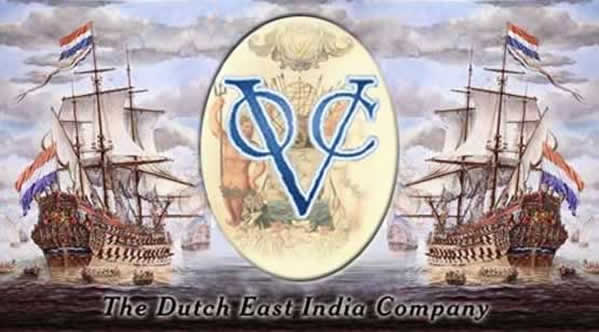Both sides seem reluctant to talk in the deep South
Thai policy-makers have never been fond of the idea of talking to the Malay Muslim separatists in the deep South, unless these encounters are kept off the public radar screen.

The long-standing argument has been that they should not give the enemy much sought-after legitimacy and political capital.
Back in the 1970s and 1980s, such encounters were carried out by the military, in various cities in the Middle East. No formal mediation was needed. It was not the Thai Army's style to have outsiders sitting in on these discussions. Needless to say, the outcome of these meetings didn't generate any major political changes or recommendations. The events were treated as information gathering exercises.
In the late 1980s and early 1990s, the armed wings of these long-standing separatist groups that surfaced in the late 1960s had gone under. Foot soldiers put down their weapons, returned to their villages and picked up where they had left off. Many of the leaders remained abroad, taking up citizenship of the respective countries where they had been residing at the time of the insurgency downturn.
But since 2004, at a time when a new generation of Malay Muslim separatist groups went into full swing, the leaders of these long-standing separatist groups decided that it was time to reinvent themselves. Some went through foreign NGOs specialised in mediation, while others turned to neighbouring governments and foreign institutions like the Organisation of Islamic Conference (OIC), seeking help in facilitating meetings with the Thai side. A proliferation of "peace processes" emerged.
From the Southern Border Provinces Administrative Centre (SBPAC) to senior Army officers, the National Security Council (NSC), the police, retired military generals, academic institutions, foreign and local NGOs, all were looking for separatist groups to talk to. All these processes are extremely territorial and none of the players want to work together.
Rivalries among the long-standing groups also emerged as they tried to convince the Thai side to give them the mandate to speak on behalf of the Malays of Patani in spite of the fact that few people in the deep South know the identity of these so-called leaders.
Former foot soldiers have pretty much stayed put and, at times, expressed grave disappointment over the tactics employed by the new generation of militants known locally as juwae, or fighter, in the local Malay dialect. Many are embarrassed at the extent of collateral damage, the hitting of soft targets. They equally disapprove of the use of pro-government death squads. The tit-for-tat violence often spills into the civilian side, with both Muslims and Buddhists becoming victims as one side tries to teach the other a nasty lesson.
The key question among Thai security planners is how many of these exiled leaders can actually influence the new generation of militants. Most, if not all, insist they can, pointing to their regular dialogue with cell leaders. But the Thai side is not convinced. In other words, they may have dialogue but they don't have shared command. If and when the Thai side is convinced that there is a shared command - assuming that the old guard can unite with one voice - the Thai side will take them more seriously.
For the time being, "negotiation" is out of the question. Academics and think tanks working secretly with some of these initiatives have come up with the term "peace dialogue" to broaden the participation to include civil society and key community leaders - Buddhists and Muslims - from the three southernmost provinces.
The idea here is to strengthen the legitimacy and acceptance of the process. How much of a buy-in there is from local leaders, on the other hand, remains to be seen. Some members of the civil society say they are willing to help. Others question the sincerity of the Thai side, saying the stakes are too high to be sticking their necks out. Good intention is not enough. There has to be a guarantee that their participation will not be exploited by one side or the other. Another concern is how the militants will perceive this participation.
Perhaps the biggest irony here is that for the past four years, all these "peace-makers" have been looking for one man, Sapae-ing Basor, the former principle of a private Islamic school, who was accused by the Thaksin administration of being the overall leader of the new generation of militants. The fact that a significant number of insurgents had graduated from the Thamvitya network private Islamic school that oversees more than 10,000 students made Sapae-ing an easy target.
Exiled separatist leaders, academics, local residents, religious and community leaders said Spae-ing is looked upon as sort of a spiritual leader of the Malays in the deep South. The mystique around him is a topic of much debate. Those who know him say his integrity earned him respect from his people. Many see him as a sort of spiritual leader for the Malays of Patani.
Achieving such status come with a price, as well as enemies, especially when one is a symbol of an identity and narrative that is different from the one constructed by the state.
As of late, more and more government officials are coming to admit that the December 2004 charges against Sapae-ing were fabricated, and add that if he was to stand trial today, he would beat the charges easily.
But after hiding for six years, it is very unlikely that the aging principle will give the Thai legal system the benefit of the doubt. This explains why the former school principle has stayed outside any peace process.
There is little evidence that separatism or radicalism is taught in the school, however. In fact, the historical and cultural narrative that challenges the legitimacy of the Thai state is widespread; about 90 per cent of villages in this restive region have a militant cell. And from the look of it, the juwae enjoy a great deal of sympathy and support from villagers.
Because the narrative is so widespread, the movement doesn't have to rely on Islamic schools to maintain the historical narrative that perceives the Thai state as an illegitimate occupier. The presence of some 60,000 armed security personnel - half of whom have been dispatched to the region since 2004 - reinforces such a notion.
Sapae-ing's support is deemed important because these peace initiatives need a person who the Malays can relate to. There have been suggestions that the charges against him should be pushed through the due process so that his legal status can be concluded once and for all.
There is a growing understanding that the conflict in the deep South is ethnic-nationalist in nature. Therefore, it makes sense to talk to a spiritual leader such as Sapae-ing. However, the mode of operation for the time being is still search-and-destroy. Many in the Thai military still think they are fighting a conventional force, in spite of the fact that the region continues to breed separatists generation after generation.






